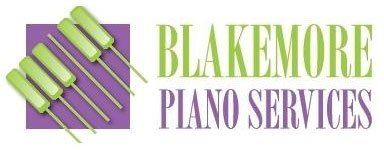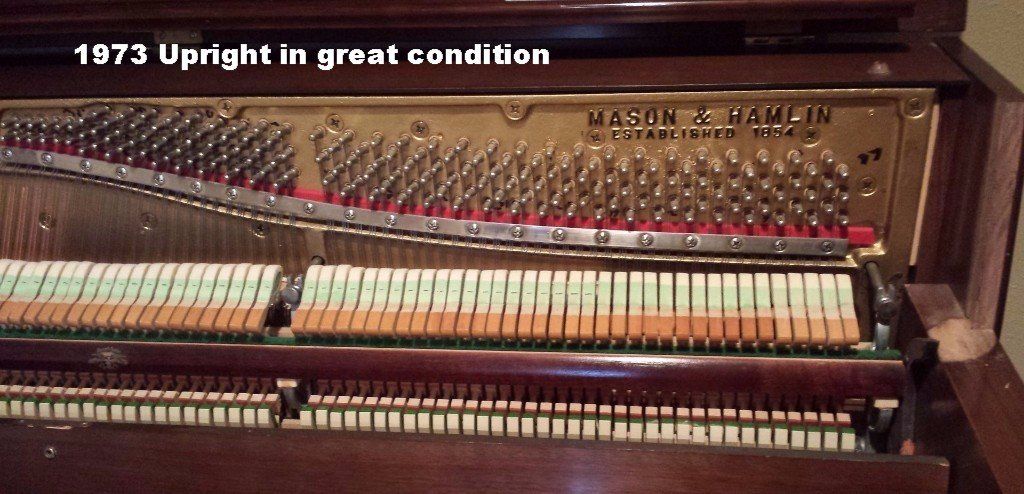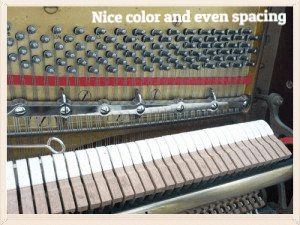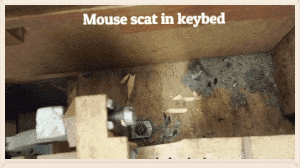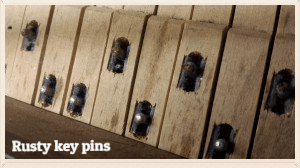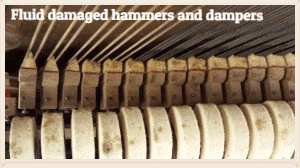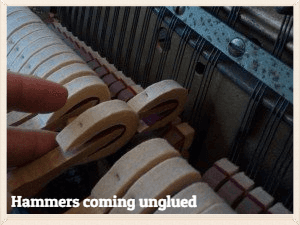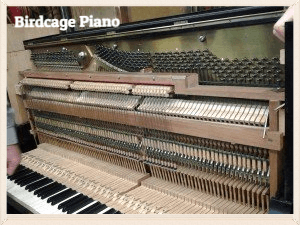Buying or Selling a Piano?
If you are considering buying a piano or selling your used piano, it is important to do a little research and inspecting.
Pianos are difficult and expensive to move, so a little research can mean big savings – even an inexpensive piano can be a problem if it has major mechanical problems, or mice or other critters living inside.
One of the most comprehensive resources to learn about pianos is the Piano Buyer
by Larry Fine. This great resource is now available online! Check out www.pianobuyer.com for almost everything you need to know about buying Acoustic pianos.
A Brief List of things to look for:
I recommend looking into the brand and style of the piano, as well as its condition. Get the Brand Name and Serial Number from the seller to find the year of manufacture. The serial number is usually stamped on the pinblock in the top center of the plate (under the lid you’ll see it), under the music desk on a grand. On some consoles and spinets it’s on a plaque on the back.
Then do a little looking inside the piano; open up the lid and any case parts you can. Look for irregularities in the hammers, strings, keys, even bridges. You may not know what you’re looking at, but you will see if something seems to be different than the other things around it.
There are many good hiding places in pianos for mice and other critters that you don’t want to bring into your home.
Mice will harvest the felt on the hammers and anywhere else they wish, and chew on the sides of the keys in the back. Look for teeth marks, scat, water stains or smells in the keybed, and nests and scat in the bottom of the piano.
Moths will burrow into the felts, especially dampers, and lay eggs, etc. They cause some damage but mostly short lived – in this country, at least. In Brazil I have seen pianos totally destroyed by moths and other bugs, especially the Brazilian equivalent of our termite.
This is a spinet that had many mice living in it for some time.
The owner has chosen to not clean out all of it, which includes rust on tuning pins, strings, and action parts, which is very expensive to replace/fix.
On the left is an unusual, and unfixable, problem that happens to hammers. The felt that has been pressed onto, glued and stapled onto the wood core, sometimes comes loose. You’ll notice that this one was also stapled, so its not just glue coming undone.
These are irregularities you can see if you look inside.
To the right is the inside of what we technicians call a “Birdcage Piano”. The name refers to the damper wires looking like a bird’s cage, instead of the strings showing above the hammers. On the outside, they are usually very ornate, with attachment points or actual candelabras on the front board.These pianos are very old and generally in very bad condition internally. Very few piano technicians work on these (I choose to avoid them); I do not recommend buying one.
It’s a good idea to have a qualified Piano Technician give you an evaluation of its condition. I would be happy to do a pre-purchase inspection for $85.
I don’t make it a habit to buy and sell pianos, but I do like to pass on information when I can. This is just a small personal list. My recommendation for a piano store in the Portland area is Classic Pianos
www.classicportland.com. I have worked with them and for them for many years and highly recommend buying there. You will find the best prices in the area and the best service/follow-up on any purchase. (I say this from experience with the other piano dealers in the area!)
I also recommend using a professional piano mover.
David is a great piano mover who is very reasonably priced; I have had great feedback from all my friends and clients who have used his services. He also refinishes pianos.
See my
Articles section
for interesting stories and info about searching for a piano.
